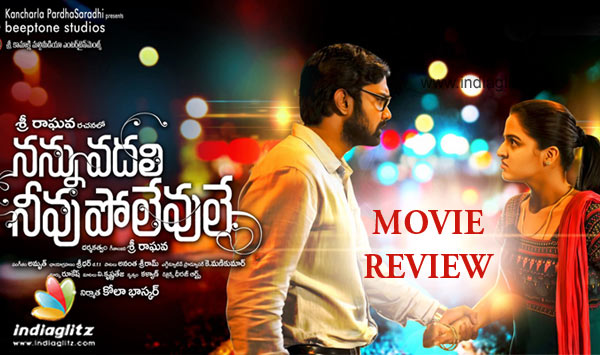
Too much of deja vu can be counter-productive in strange ways. For a generation that fell in love with 7/G Brindavan Colony, Nannu Vadili Neevu Polevule would be more about deja vu than about a girl who is a tough nut to crack when it comes to falling in love, confessing her love and making love! It's less heart-touching than Sri Raghava's debut film, but that would hardly matter if you are someone who would enjoy Manoja's stubborn views and her husband's lovely imperfections.
The first half is narrated through a flashback for most part. Manoja (Wamiq Gabbi) had married Prabhu (Kola Balakrishna) on her mother's "blackmailing" months after breaking up with her boy friend Tarun. The hubby is bewildered by her touch-me-not ways, while Manoja is irritated and embarrassed by his low-end cultural behaviour. Despite not having even a sexual encounter, the couple put up a fake face to fool their parents for two years. One fateful day, their story takes a turn for the worse. The rest of the film is about how Manoja and Prabhu deal with the aftermath in their own ways.
At 123 minutes, the film has an apt run-time. The audience ought not to expect any other stakeholder in their story and all of their excruciating saga hinges on their thinking, their convictions, their idiosyncracies, complete with a few rib-tickling incidents, and heart-tugging moments that come and disappear before they become melodramatic.
In a relationship drama like this, fashioning Prabhu's character after 7/G Brindavan Colony's Ravi (Ravi Krishna) should have been avoided for good. That said, Kola Balakrishna's character has its share of hits - his forlorn look, his longing expression, his ungraceful ways of wooing his wife. Githanjali extracts a good performance from this debutante; sample this: the controlled glow on his face in the climax song announces the arrival of Manoja in his life!
Wamiqa Gabbi of Bhale Manchi Roju delivers a realistic performance. She is memorable in the role of a woman who values love and thinks of sex as dirty. She is subtle, downplays herself, and surprises by never letting us give a clue of what is in store! For all the strong face that she puts up, she becomes vulnerable when Prabhu harangues her with his indecent words.
One feels the writer everywhere as much as the troubled couple. One interesting takeaway is a BGM score stretching across scenes. If Manoja's non-melodramatic relationship with her mother is witty (watch the mom talk about 'figure' and question her daugther if her hubby asked her for an unthinkable sexual favour), the hero's relationship with his strict father is interesting when we discover its sentimental side.
On the flip side, the film would look off-colour to those who think romantic entertainment is necessarily about rom-comish entertainment. Roughly speaking, this film might appeal to those who love a Raja Rani or even an Andala Rakshasi. And, of course, too much of deja vu should have been avoided. The second half comes with run-of-the-mill Kollywood moments like the male lead boozing and breaking into a dance with friends and strangers.
The dialogues are measured. Amruth's music and Ananth Sriram's lyrics are profound and meaningful. Sridhar's cinematography is an asset.
Verdict: A realistic relationship drama that comes with rare characters and even rarer situations. A love story that hinges on the thinking of the lead characters.
Rating: 2.50 / 5.0
Showcase your talent to millions!!
Telugu Movie Reviews
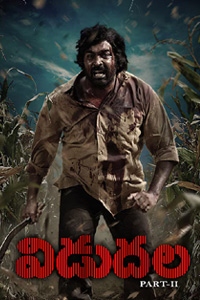 Vidudala Part-2
Vidudala Part-2
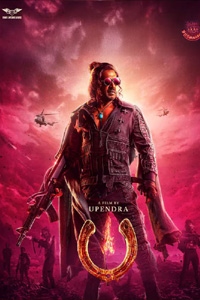 UI
UI
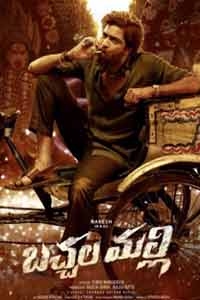 Bachhala Malli
Bachhala Malli
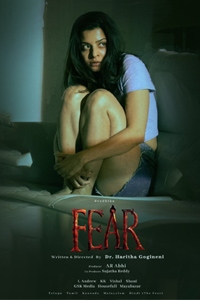 Fear
Fear
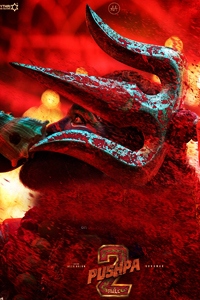 Pushpa 2: The Rule
Pushpa 2: The Rule
 Devaki Nandana Vasudeva
Devaki Nandana Vasudeva




Comments